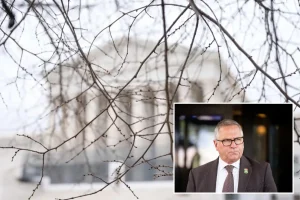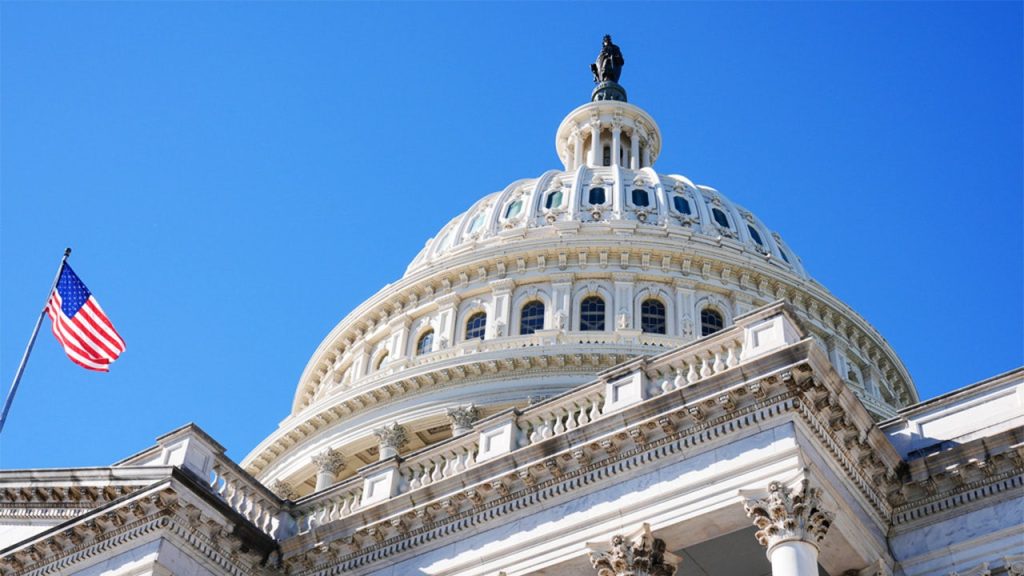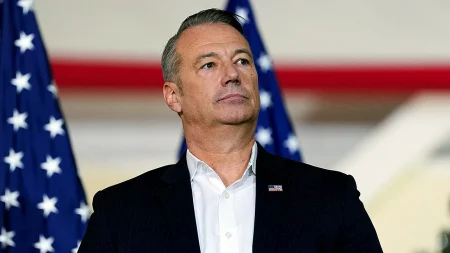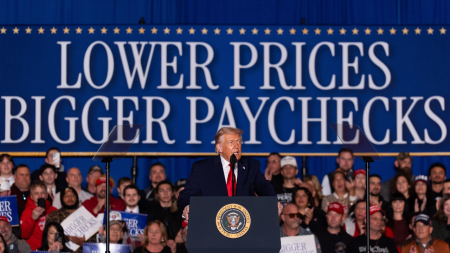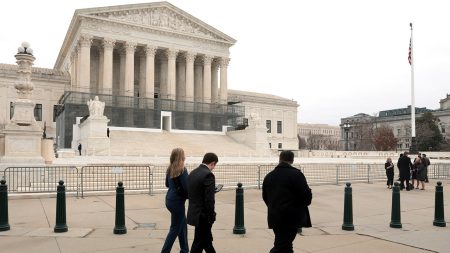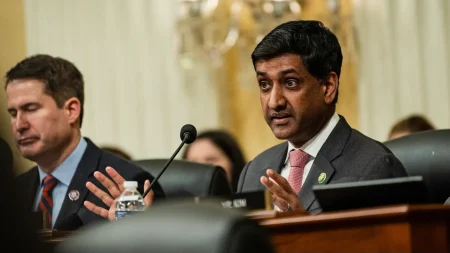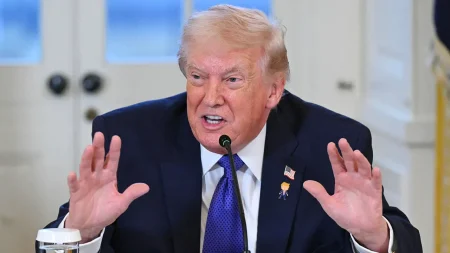Waiting for the Shutdown to End: Predictions and Politics in Washington
In the midst of the ongoing government shutdown, political pundits, elected officials, and everyday Americans have transformed into amateur fortune-tellers, each offering their own prediction about when normalcy might return to Washington. What began as a partisan standoff has evolved into a test of political endurance with real consequences for federal workers and vulnerable citizens across the nation.
Representative Nancy Mace suggested the shutdown might continue until after New York City’s mayoral election, while Senator Shelley Moore Capito expressed optimism that resolution could come within the week. Senator John Cornyn, however, remained skeptical, questioning what such predictions were based on given what he characterized as irrational behavior from Democrats. These varied forecasts highlight the uncertainty surrounding the political impasse, with both sides seemingly entrenched in their positions despite mounting pressure to find common ground. The shutdown has already passed several potential breaking points – from expired emergency food aid to healthcare premium spikes and air travel disruptions – yet none have successfully brought the parties back to productive negotiations.
Republicans have increasingly focused on Tuesday’s elections as a potential turning point, particularly watching races like the New York City mayoral contest where progressive candidate Zohran Mamdani is favored to win. House Speaker Mike Johnson expressed hope that election results might trigger a “sea change” in Democratic positioning. GOP leaders appear eager to frame any eventual resolution as Democrats “caving” due to electoral realities rather than legitimate policy concerns. This narrative-shaping effort has been consistent throughout the shutdown, with Republicans repeatedly predicting Democratic capitulation that has yet to materialize despite missed federal worker paychecks and service disruptions.
Over the past five weeks, Republican predictions about an imminent end to the shutdown have consistently fallen flat. Senate Majority Whip John Barrasso claimed to see “cracks appearing in the Democrat base” as early as October 1st, while Speaker Johnson predicted Democrats would fold after the “No Kings” rallies on October 19th demonstrated their fighting spirit. Republicans then shifted to suggesting air traffic controller paycheck issues would force Democrats’ hand, followed by predictions that the November 1st combination of missed paychecks, flight delays, expired SNAP benefits, and healthcare premium increases would cause Democrats to “collapse entirely,” as Senator Ted Cruz put it. Through it all, House Minority Leader Hakeem Jeffries has maintained a consistent position: “We will not support a partisan, Republican spending bill that continues to gut the healthcare of the American people.”
The impasse centers on a Republican spending plan that would only fund the government through November 21st, which Senate Democrats have steadfastly refused since mid-September. Senator Cornyn admitted this deadline is “becoming close to a moot issue,” while Senate Majority Leader John Thune declared the November 21st date “lost.” With time running short, Republicans are now considering another short-term spending bill that might extend into January, with Thune suggesting “the longer sort of runway, the better.” However, passage remains uncertain as Democrats’ core demands around healthcare funding remain unaddressed, leaving both chambers of Congress in a precarious position with no clear path forward.
Senate Chaplain Barry Black perhaps best captured the mood in Washington during his daily prayer, asking for divine inspiration for lawmakers to “unite in putting out the fire of this government shutdown that has already burned far more than anticipated.” While political prognosticators continue offering varied predictions about when and how the shutdown might conclude, only one forecast seems truly reliable: the shutdown will eventually end. Beyond that simple truth, the timing and circumstances remain frustratingly unclear, with both parties seemingly willing to endure significant political damage and public frustration rather than compromise on their core positions. As federal workers miss paychecks and essential services face increasing strain, the only certainty is that this political game of chicken cannot continue indefinitely—though it may last longer than anyone initially expected.


